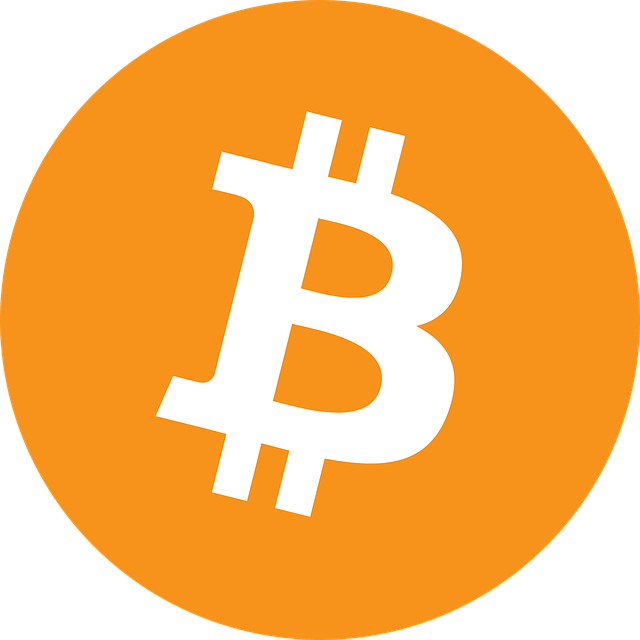Bitcoin: The Revolutionary Journey of Digital Currency
Introduction
Bitcoin is the world’s most talked-about digital currency, redefining the global financial system. Launched in 2009 by an anonymous individual or group using the pseudonym “Satoshi Nakamoto,” this cryptocurrency operates on decentralized blockchain technology, bypassing traditional banking systems. Today, Bitcoin is not only a magnet for investors but is also hailed as a potential future currency.
What is Bitcoin?
Bitcoin is a digital currency that exists purely online, with no physical form. It operates on blockchain technology—a decentralized, public ledger that securely records all transactions. Unlike traditional currencies controlled by banks or governments, Bitcoin is managed by a peer-to-peer network, making it transparent and resistant to hacking.

How Does Bitcoin Work?
- Decentralization: The Bitcoin network runs on thousands of computers (nodes) worldwide, eliminating control by any single entity.
- Mining: New Bitcoins are created, and transactions are verified through “mining.” Miners solve complex mathematical puzzles to secure the network and earn Bitcoin rewards.
- Limited Supply: Only 21 million Bitcoins will ever exist, reducing the risk of inflation.
Advantages of Bitcoin
- Fast and Low-Cost Transactions: International transfers are quicker and cheaper compared to traditional banking.
- Financial Inclusion: Enables digital payments without needing a bank account.
- Transparency: Every transaction is publicly recorded on the blockchain.
- Investment Opportunity: Price volatility offers profit potential for traders.
Challenges and Risks
- Price Volatility: Bitcoin’s value can swing dramatically within hours.
- Regulatory Uncertainty: Many countries lack clear legal frameworks for cryptocurrencies.
- Cybersecurity Threats: Risks of hacking, fraud, and scams.
- Environmental Impact: High energy consumption for mining.
Bitcoin in India
India has adopted a cautious stance toward cryptocurrencies. In 2022, the government imposed a 30% tax on crypto gains, creating uncertainty among investors. However, interest in Bitcoin is rapidly growing among Indian youth and startups, driven by its potential as a decentralized asset.
Future Prospects
Bitcoin is increasingly dubbed “digital gold.” Major companies like Tesla and PayPal have begun accepting it, while countries like El Salvador recognize it as legal tender. Though challenges like regulation and scalability persist, Bitcoin continues to pave the way for a decentralized financial future.
Conclusion
Bitcoin represents a groundbreaking shift in how we perceive money. While its journey is fraught with volatility and skepticism, its decentralized, transparent, and inclusive nature positions it as a key player in the future of finance. As technology evolves, Bitcoin’s role in reshaping global economies will be fascinating to witness.
